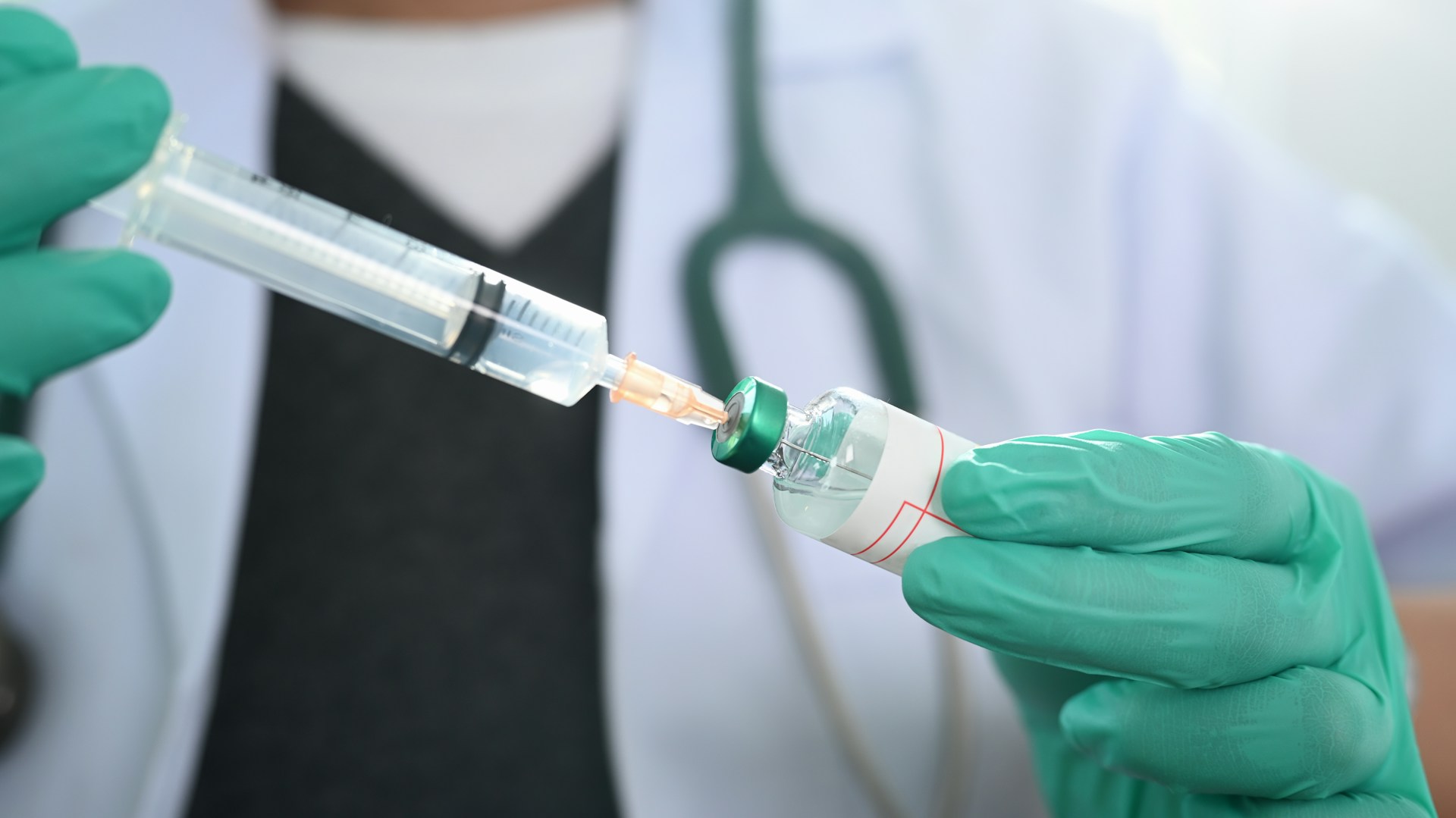The push for cancer vaccines is now gaining serious momentum, with Russia claiming to be the first to roll out a free vaccine for cancer patients by early 2025. But before you line up for a shot, it’s worth considering what this really means—and asking a few key questions about the sudden urgency to develop and distribute these new treatments.
Russia’s health ministry recently announced that they’ve developed a cancer vaccine, and according to Andrey Kaprin, head of the Radiology Medical Research Center, it will be made available at no cost. This follows President Vladimir Putin’s February remarks that Russian scientists were close to producing vaccines that could be used for “individual therapy.” Yet, critical details remain scarce: What types of cancer does this vaccine target? How effective is it? And what exactly is in the shot?
Of course, Russia isn’t alone in this endeavor. Western countries are also in a race to develop cancer vaccines. BioNTech, the German firm behind the Pfizer vaccine, has teamed up with the UK government to launch clinical trials aimed at creating personalized cancer treatments by 2030. Meanwhile, pharmaceutical giants like Moderna and Merck are working on experimental vaccines for melanoma that reportedly cut the chance of recurrence or death by 50% after three years.
These cancer vaccines typically involve personalized approaches, using genetic material (RNA) derived from a patient’s tumor to “teach” the immune system to recognize and destroy cancer cells. In theory, it sounds promising—just like the mRNA technology used for COVID vaccines was initially hailed as revolutionary. But given what we’ve learned about the side effects, long-term uncertainties, and rushed approval of those shots, is it any wonder that people might be skeptical?
The fact that Russia plans to offer this vaccine for free should also give pause. Why are vaccines so often the only “free” medical treatment? Other life-saving medications and therapies come with sky-high price tags, but when it comes to vaccines, governments and pharmaceutical companies suddenly become philanthropists. There’s always a catch, and if you’re paying attention, you know that these “free” shots often come with significant strings attached.
Bethenny Frankel recently sounded the alarm on the mysterious drone sightings in the U.S., suggesting they could be linked to a search for dangerous materials. Could this new rush to develop cancer vaccines tie into broader, undisclosed health threats? We’ve seen governments and health authorities keep the public in the dark before.
Ultimately, while the idea of a cancer vaccine sounds hopeful, the lack of transparency, the rapid pace of development, and the push for free distribution raise red flags. Until we have more concrete data, some healthy skepticism is more than justified. Will you be rolling up your sleeve for this one? That’s a question worth thinking long and hard about.


Leave a Comment